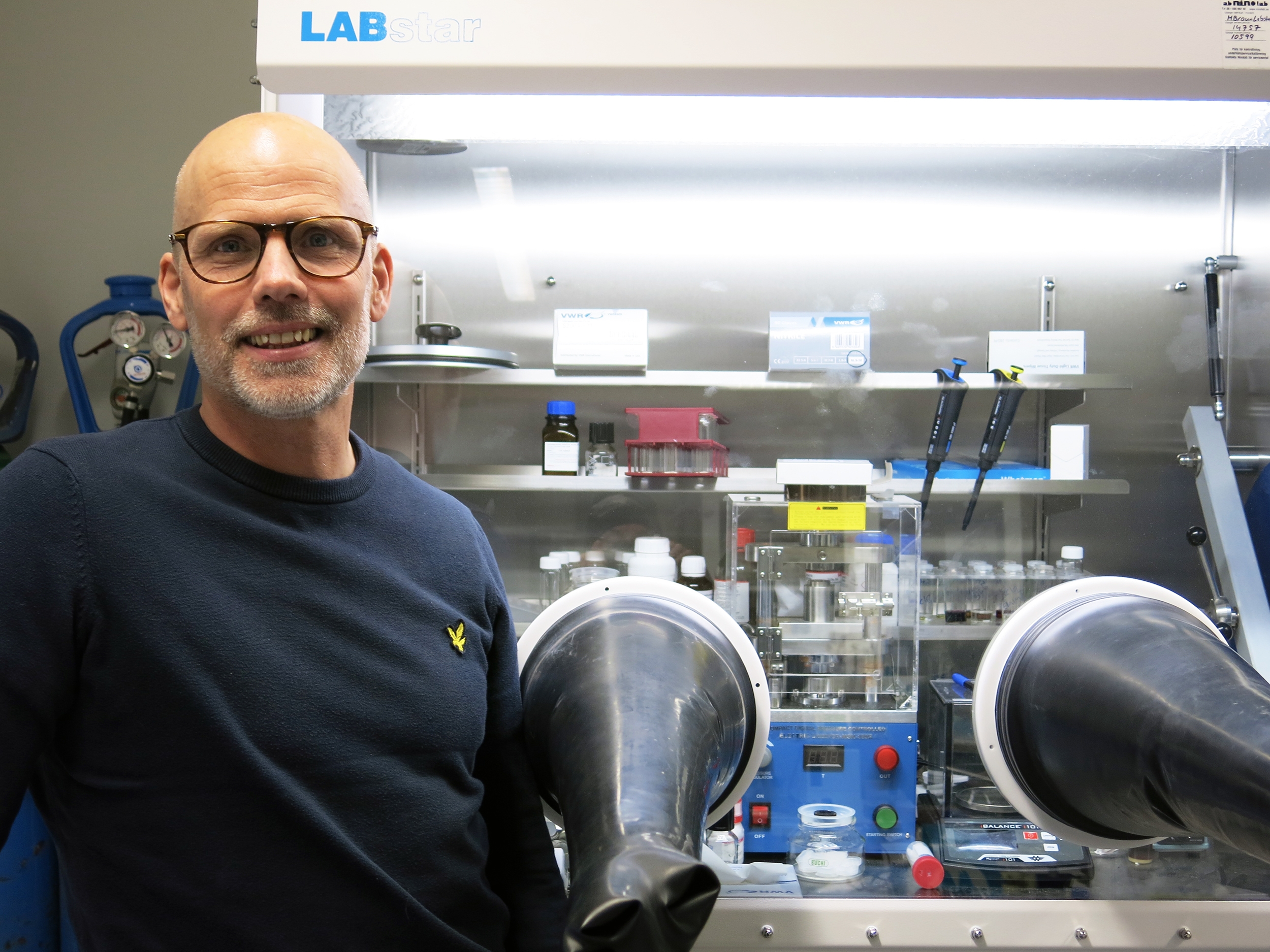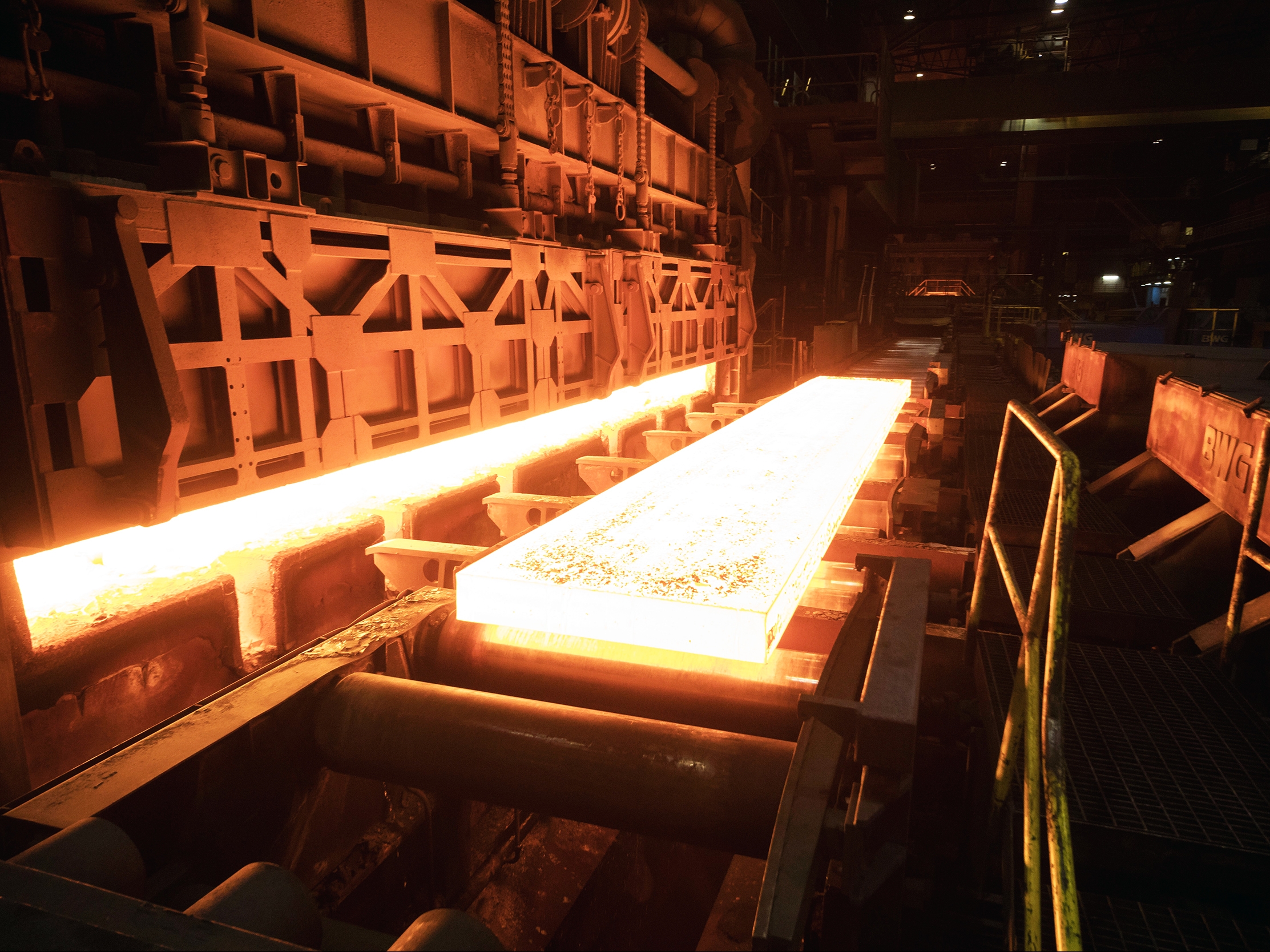New leader for Feedstock Pre-processing Eyes Critical Raw Materials as New Direction for Research
Bio4Energy’s smallest research platform has a new leader with a grand vision.
Mikael Thyrel of the Swedish University of Agricultural Sciences (SLU) has been a member of the research environment since the outset in 2010.
In fact, he first joined the laboratory of Bio4Energy’s first programme manager, professor emeritus Stellan Marklund of Umeå University. There, Thyrel rose to increasing responsibility and, in 2009, shifted to SLU to become a PhD student with associate professor Torbjörn Lestander.
Today he is not only a university lecturer, but also head of department at SLU Forest Biomaterials and Technology. His colleagues may know him as a coordinator for the Sweden-based synchrotron Max IV Laboratory for very high-tech X-ray laser research.
Although his specialty is biomass spectroscopy, Thyrel’s vision for the work on the Feedstock Pre-processing platform is much greater.
“Our platform serves the rest of Bio4Energy by designing different types of fractionated biomass. It is mostly about applied research in the area of pre-treatment”, he told Bio4Energy Communications in an online interview.
“However, we may shift our focus. We could [turn our attention to] critical raw materials, such as graphite, to make the technique sustainable and available locally.
“We have been building an electrochemical lab… where we develop biocarbon materials for use in batteries or adsorbents. We are looking at functionality and surface chemistry”, Thyrel said.
The platform would continue to rely on the Biomass Technology Centre, the university’s off-campus development facility that is always teeming with life, as technicians and scientists work hand in hand to deliver dried, fractionated or pelletised materials to customers in industry. New coordinator there is Magnus Rudolfsson, researcher.
Greatly appreciated by his colleagues, Thyrel clearly is one of those die-hard Bio4Energy members whose enthusiasm never seems to fade neither for the small wins of research progress, nor the big ones of making Sweden a leading light when it comes to designing and developing bio-based technologies that can help phase out the fossil economy.
Now he has become a platform leader in the Bio4Energy research environment.
“It feels great. Our efforts are so timely, given what is going here [in northern Sweden]. It is an industrial revolution!”, according to Thyrel.
For more information, go to: Bio4Energy Feedstock Pre-processing, Biomass Technology Centre, Bio4Energy at SLU

 ©AnnaStrom
©AnnaStrom LTU
LTU



